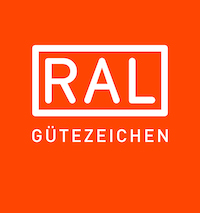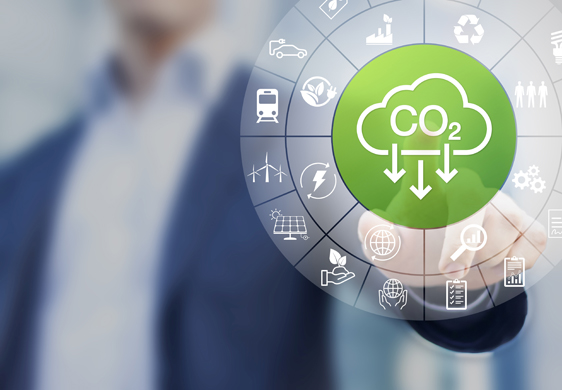The European Green Deal announced by the European Commission on 11 December 2019 is a response to the existential threat posed by climate change and environmental destruction. The Green Deal is a key part of the EU’s climate policy and encompasses a series of measures in the areas of financial market regulation, energy provision, transport, trade and industry, as well as agriculture and forestry management. To achieve these goals, it consciously focuses on mobilising the sustainable effect of innovation rather than on avoiding or banning certain things. The specific measures to achieve these goals range from regulations and standards, investment, innovation and dialogue with social partners through to international cooperation.
RAL Quality Assurance Associations are also impacted by the EU Green Deal in the form of, for example, efficiency requirements on procurement processes or construction measures, sustainability requirements for products or packaging, amended cost structures for energy and raw materials and amended requirements for the development of products and plants. The first regulations have already been made mandatory in Germany in the Circular Economy Act (Kreislaufwirtschaftsgesetz), the Climate Change Act (Klimaschutzgesetz) and the “Administrative regulation on the procurement of climate-friendly services and products” (Allgemeinen Verwaltungsvorschrift zur Beschaffung klimafreundlicher Leistungen).
Many Quality Assurance Associations already go above and beyond the regulations in the EU Green Deal in their Quality Assurance and Test Specifications, while others will have to adapt their specifications to the Green Deal. In the following section, we want to use selected examples to illustrate the extent of the sustainability standards that already exist within the RAL quality assurance system and which consumers can rely on when they purchase products and services certified with RAL Quality Marks.


